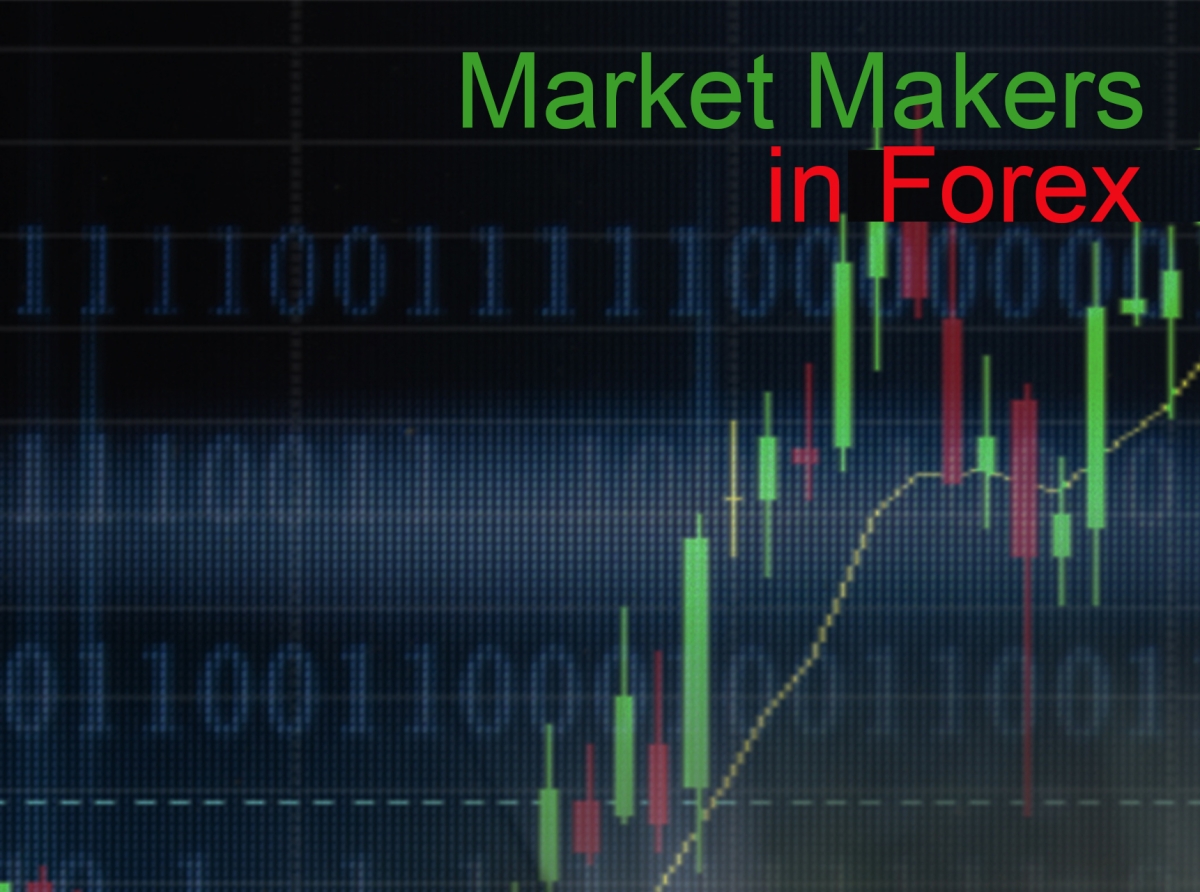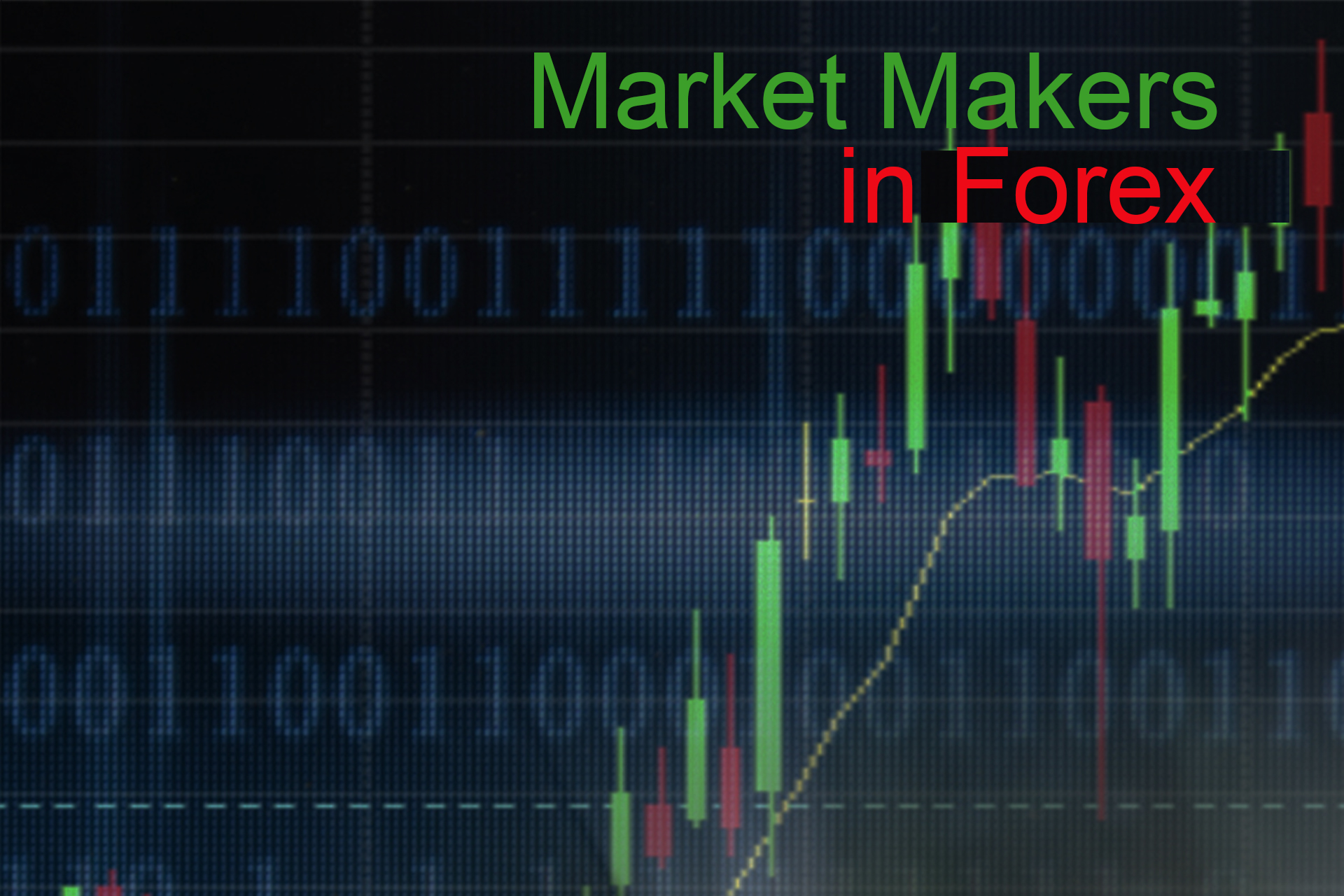Market Makers in Forex: Who Are They and What Do They Do in Simple Terms

Market Makers in Forex: Who Are They and What Do They Do in Simple Terms
The Forex market, or foreign exchange market, is the largest and most liquid financial market in the world, where currencies are traded 24 hours a day across different global financial centers.
It facilitates international trade and investment by enabling currency conversion. Market makers play a crucial role in this ecosystem by ensuring that there is enough liquidity for smooth transaction flow. They act as intermediaries between buyers and sellers, creating a market for currency pairs.
Market makers are financial institutions or individuals who commit to continuously quoting both a buy (bid) and sell (ask) price for a currency pair, thus providing liquidity to the market. This activity allows traders to enter and exit positions with ease, regardless of the trading volumes.
It facilitates international trade and investment by enabling currency conversion. Market makers play a crucial role in this ecosystem by ensuring that there is enough liquidity for smooth transaction flow. They act as intermediaries between buyers and sellers, creating a market for currency pairs.
Market makers are financial institutions or individuals who commit to continuously quoting both a buy (bid) and sell (ask) price for a currency pair, thus providing liquidity to the market. This activity allows traders to enter and exit positions with ease, regardless of the trading volumes.

Market Makers in Forex: Who Are They and What Do They Do in Simple Terms
Functions of Market Makers in Forex
One of the primary functions of market makers is to provide liquidity.By always being ready to buy or sell a currency pair at publicly quoted prices, they ensure that there is always someone available to take the opposite side of a trade. This availability encourages more trading activity since participants know they can rely on executing their trades swiftly.
Market makers facilitate trades by narrowing the bid-ask spread – the difference between the price at which they are willing to buy (bid) and sell (ask) a currency pair.
A tighter spread means lower transaction costs for traders, making it more feasible for them to participate in the market frequently.
How Market Makers Operate
Market makers operate by setting bid and ask prices based on various factors including current supply and demand dynamics, economic indicators, geopolitical events, and their own risk management strategies.Their ability to quote prices continuously helps stabilize the market even during periods of volatility.
Managing spreads is another critical aspect of their operations.
Market makers earn profits through spreads; therefore, they adjust them according to market conditions. For example, during highly volatile times or when liquidity is low (such as after major news releases), spreads may widen to compensate for increased risk.
Impact on Traders and the Market
The presence of market makers brings significant benefits to retail traders by ensuring constant market access. Their role in maintaining liquidity allows individual traders to execute trades smoothly without experiencing large price swings or delays due to insufficient counterparties.However, potential drawbacks exist as well. Since market makers profit from spreads and may hold inventory positions temporarily, conflicts of interest can arise if they prioritize their profit over fair pricing for customers.
Critics argue that this could sometimes lead them to manipulate prices within legal boundaries.
In conclusion,
market makers are indispensable components of the Forex trading landscape.
Their continuous provision of liquidity enables efficient functioning of currency markets globally while reducing transaction costs through competitive pricing mechanisms like tight spreads.
Despite potential conflicts inherent in their roles as both facilitators and profit-seekers within markets they serve diligently under regulatory frameworks ensuring transparency among all participants involvedーensuring robust growth opportunities across diverse economic sectors worldwide!
Forex, Market Makers, Trading, Liquidity, Currency Markets
market makers are indispensable components of the Forex trading landscape.
Their continuous provision of liquidity enables efficient functioning of currency markets globally while reducing transaction costs through competitive pricing mechanisms like tight spreads.
Despite potential conflicts inherent in their roles as both facilitators and profit-seekers within markets they serve diligently under regulatory frameworks ensuring transparency among all participants involvedーensuring robust growth opportunities across diverse economic sectors worldwide!
Forex, Market Makers, Trading, Liquidity, Currency Markets









Report
My comments